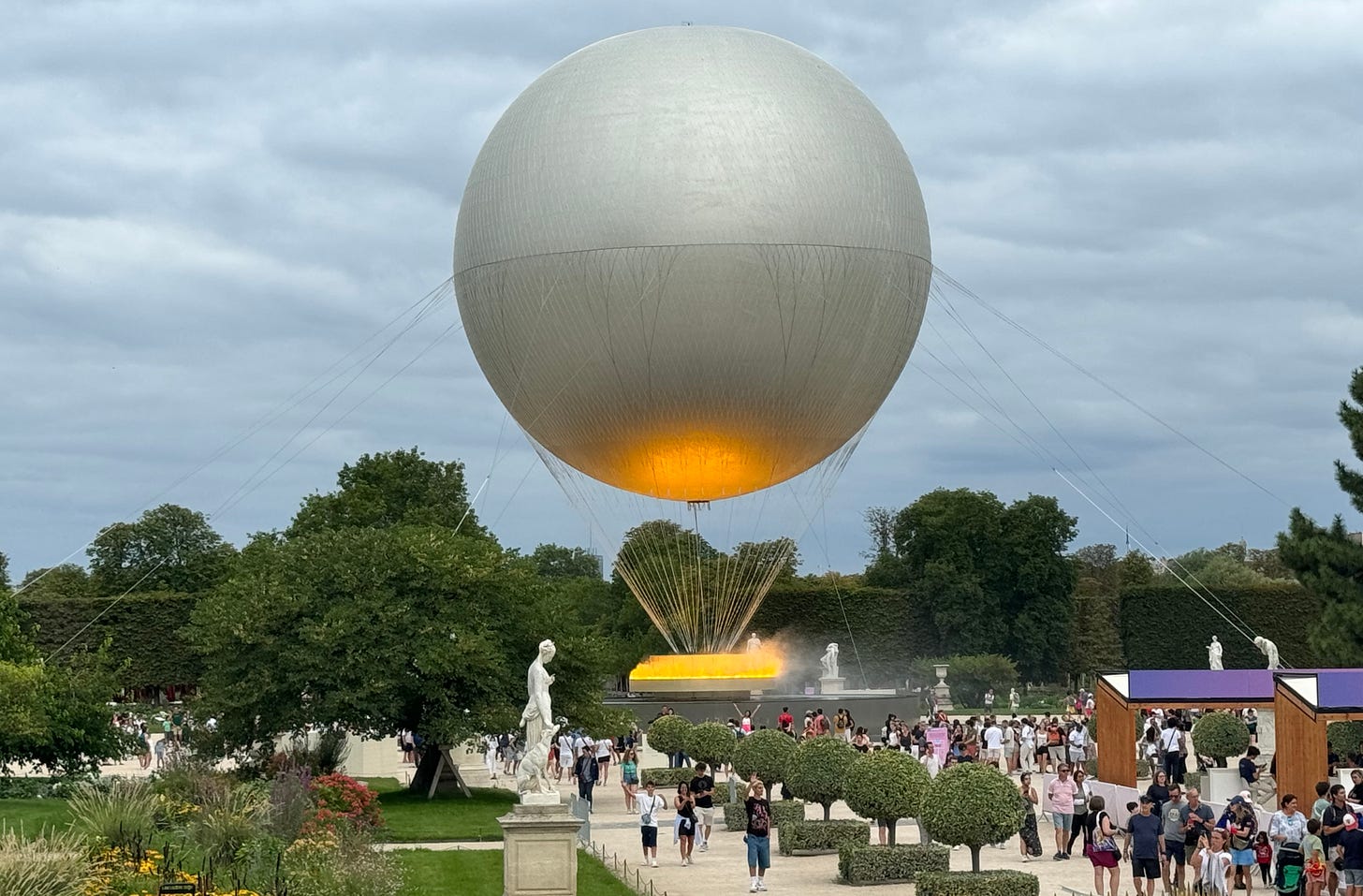With the Olympics done, when will France finally form a government?
The selection of a new prime minister after last month's inconclusive election was put on hold for the games, and it's still very unclear whether they will be from the left or right.
Despite predictions of a far-right victory in the snap national election called by French President Emmanuel Macron following his defeat in the June EU Parliament election (which saw a major far right victory), the national vote actually yielded a victory for the left-wing alliance NFP, with Marine Le Pen’s National Rally coming in a dismal third place. While the outcome was a huge relief for both Macron and Brussels, it still did not deliver him the parliamentary majority usually enjoyed by French presidents. That will most likely mean a period of ‘cohabitation’ - rare in the French fifth republic - which would have a president and prime minister from different parties. However the political math is making it difficult to determine who that prime minister could be.
Earlier this month I was in Paris for the Olympics, and French people had a lot of opinions and speculation about what’s coming next. People from the far left that I spoke with viewed any alliance between NFP and Macron as a betrayal. People from the center-left generally told me they would be fine with such an alliance but the prime minister needs to be someone really from the left and not a moderate. The people from Macron’s Renaissance party I spoke with preferred to keep the center right out of the coalition and away from the prime ministership if possible but were open to it if the left continue being “difficult”, as one person put it to me. And this being Paris, I was unable to find anyone who told me they voted for the far right.
Because elections for the French legislature usually happen just after the presidential election, the public usually delivers a similar result that gives the president’s party a majority. The president then appoints a prime minister of their choosing who serves as a kind of deputy, and is unknown on the world stage. But because these were snap elections in the middle of the presidential term, this time is different. It will mean jockeying for power between the prime minister and president, with a constitution that is vague in several areas about who is actually in charge. Unlike the United States or Brazil, France technically on paper is only a semi-presidential system - though strangely in many ways it has evolved into an even more powerful presidency than in Washington. But now that he has no majority in parliament, Macron’s pick for prime minister will need to be confirmed by a majority that is mostly MPs not from his party. That suddenly turns the prime minister position from a presidential deputy to something more like the Speaker of the House in the US.
The left-wing alliance NFP came in first with 182 seats, while Macron’s centrists came in second with 168, Le Pen’s far right came in third with 143 and the centre-right Les Republicains came in a distant fourth with 39 seats. 289 seats is needed for a majority in the 577-seat parliament. The problem is that a series of red lines means the math for any majority is difficult. All other parties have ruled out forming a coalition with the far right. A coalition between the left wing and Macron’s centrists would be the obvious solution, but Macron has ruled out working with the furthest-left part of that bloc, Jean-Luc Melenchon’s France Unbowed, because of their extremist views. So the only answer is that the center-left portion of NFP breaks away and unites with Macron. The key question is what they would need to be given in order to do that. How left does the prime minister need to be to lure them over? Alternatively, would it be possible to choose a right-leaning consensus prime minister for a coalition between Macron and the center-right, with at least 107 centre-leaning MPs from NFP supporting it? Here are the possibilities for the next French prime minister.


